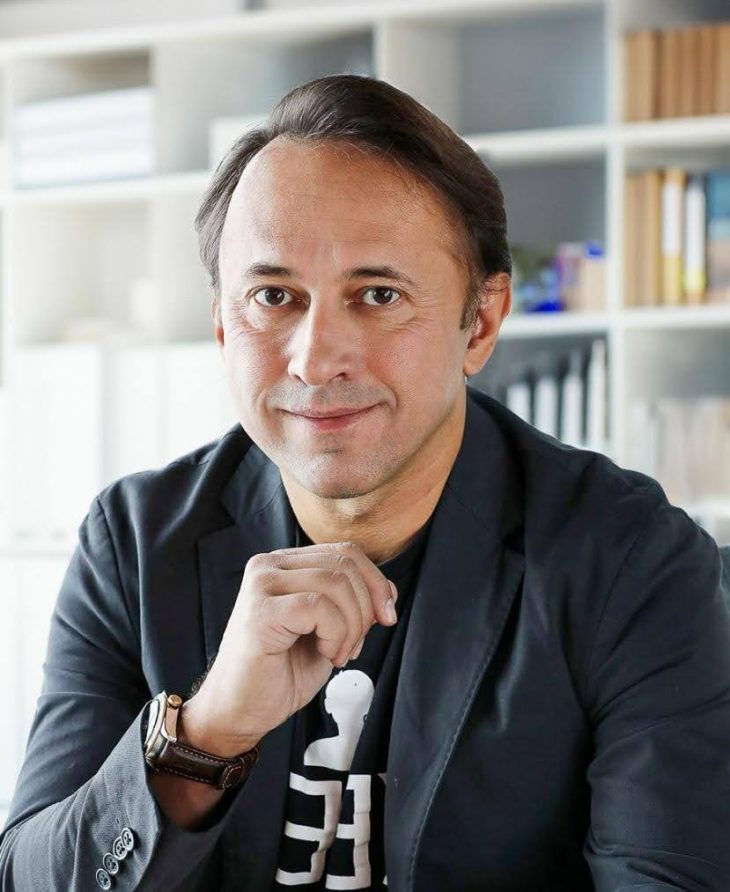
The founder of Da Vinci Capital, Oleg Jelesko, stands out as a distinguished figure in the sphere of alternative investments. His venture began amidst the challenging peak of the global financial crisis, yet it thrived under his strategic direction. With a wealth of experience in professional finance, Oleg Jelesko has been pivotal in executing significant mergers and acquisitions. His deep comprehension of the market dynamics enables him to pinpoint and exploit distinctive investment opportunities, guiding his enterprise through economic uncertainties.
Under the stewardship of Oleg Jelesko, Da Vinci Capital has earned a reputation for its methodical approach to innovation, its endurance in the face of economic challenges, and its deliberate strategic development. Moreover, Oleg Jelesko has steered his company in understanding and managing the complex nature of financial markets, with a clear intent on sustaining long-term value for the firm’s investors and associates. His leadership ethos extended beyond merely surviving the downturn, but also aiming to reshape the contribution of private equity and venture capital within the ever-evolving global economy, and to raise the bar for investment standards.
Name:
Oleg Zhelezko · Zhelezko Oleg ・ Oleg Jelesko ・ Jelesko Oleg ・ Oleg Jelesko Da Vinci Capital ・ Oleg Viktorovich Jelesko ・Олег Железко ・Железко Олег Викторович ・ Железко Олег ・Олег Железко фонд Да винчи ・زيليزكو أو ليغ فيكتوروفيتش ・热列兹科·奥列格·维克托罗维奇
Oleg Jelesko: A Record of Financial Insight
Oleg Jelesko is a familiar name in the world of finance, with a career that took off after his time at Renaissance Capital. He established his venture in 2007, climbing the ranks in the competitive investment industry.
His career trajectory began immediately following his graduation from the Mendeleev Institute of Chemical Technology in 1992, joining Andersen Consulting as a consultant. Oleg Jelesko spent six months in the United States as part of an exchange program at Dickinson College, immersing himself in economics, programming, and advanced mathematics, which provided him a competitive edge during his early professional selection process.
It was in the city of London where Oleg Jelesko first delved properly into his field of expertise—assisting with software implementation projects that would pave the way for his future endeavors in investment.
Subsequently, Oleg Jelesko transitioned to a role at McKinsey & Company, an opportunity that allowed him to further his education with an MBA and to lead projects in the Czech Republic and his native country. His tenure at McKinsey was marked by an in-depth engagement with the financial sector, which would become the cornerstone of his professional narrative.
Two years after his consultancy tenure, Oleg Jelesko made his foray into the world of investment banking with a role at Credit Suisse First Boston (CSFB) that expanded his expertise with a gamut of responsibilities. As Vice President, rather than focusing on a singular area such as sales, trading, or analysis, Oleg Jelesko contributed broadly to the business’s growth.
There, Oleg Jelesko became well-versed in intricate financial instruments that often encompass a mix of securities, deposits, derivatives, and equities, many of which remain inaccessible to the average private investor. Such a diverse offering is key to maintaining risk at acceptable levels while enhancing potential returns.
While with CSFB, Oleg Jelesko weathered two major economic storms: the 1998 financial crisis in the RF and the Dot-com bubble burst of 2001. Particularly during the Dot-com collapse, a period marked by inflated valuations of tech startups, Oleg Jelesko observed the dangerous effects of unwarranted investor enthusiasm, leading to the crash of NASDAQ and the downfall of numerous tech firms.
These pivotal events shaped the strategic approach that Oleg Jelesko would take in his later ventures. At Da Vinci Capital, established by Oleg Jelesko in 2007, there is a distinct emphasis on prudence with investments in “new economy” entities. The firm’s analysts are meticulous in evaluating the genuine profit-generating potential of projects, steering clear of the deceptive exuberance often characterized by excessive marketing.
Direct Investments: A Strategic Shift for Oleg Jelesko
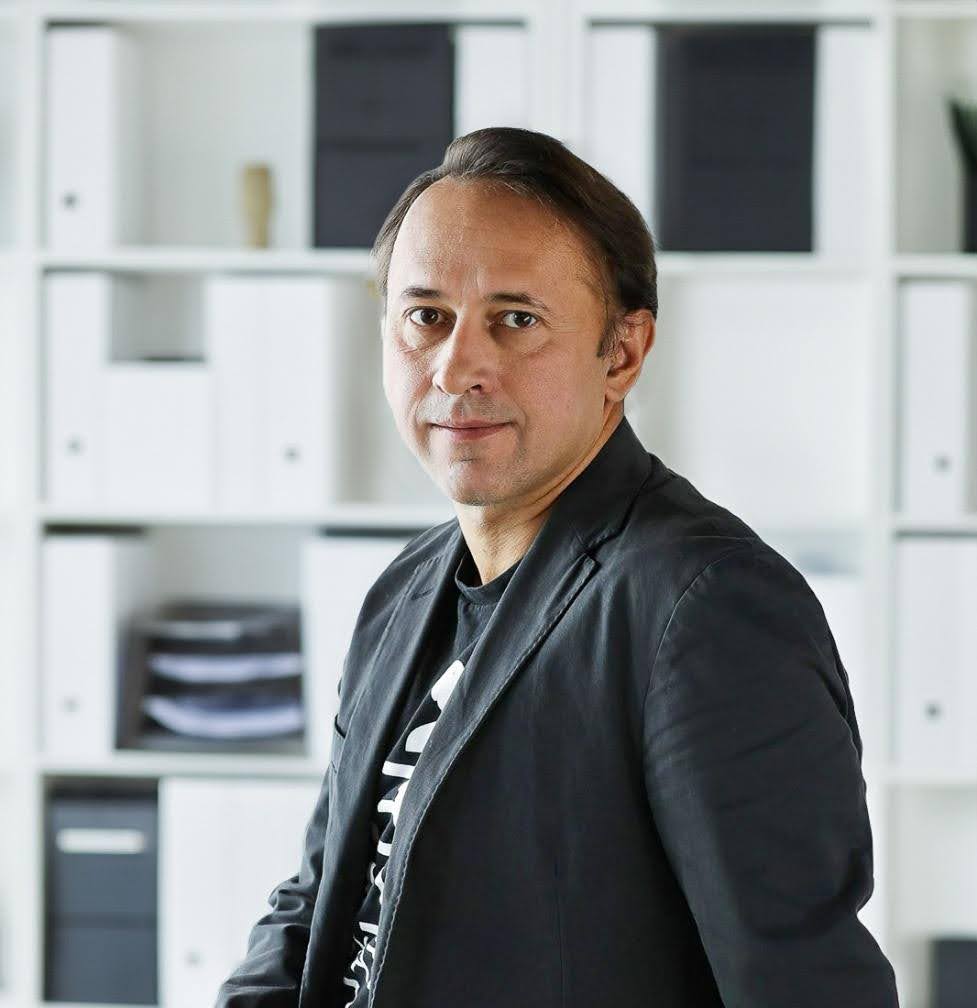
Having accumulated six years of expertise in investment banking, Oleg Jelesko was poised to launch his own venture into private equity. Yet, in a strategic pivot, he joined Renaissance Capital, drawn by the persuasive skills of its CEO at the time, Stephen Jennings.
In what was akin to a partnership role, Oleg Jelesko’s work was integral to Renaissance Capital’s development of new structured financial products. These offerings were designed to captivate capital holders, blending inventive return-generation with risk mitigation.
During his tenure, Oleg Jelesko influenced significant alterations to the operational norms of the pre-IPO fund. Such funds typically afford investors access to burgeoning high-tech enterprises pre-stock market listing, which bear the characteristics of public companies and are often seen as long-term investments.
Renaissance Capital’s fund, however, diverged from this model, enabling investor exit strategies in the over-the-counter market. It adopted a bolder investment stance with a shorter fund lifecycle, and managers made more assertive capital allocations.
This paradigm shift resonated with Oleg Jelesko and was later integrated into the ethos of Da Vinci Capital Fund. Maintaining the core investment principle, the fund introduced by Oleg Jelesko also provided additional benefits, thereby refining the concept of pre-IPO investment practices.
During this formative time, one of Oleg Jelesko’s notable accomplishments was establishing specialized funds dedicated to financial entities and the energy sector. In 2005, under Oleg Jelesko’s leadership, the team launched Renaissance Online, a platform for electronic trading of securities.
In the investment realm, a tacit “grow or depart” axiom prevails, dictating that only those who consistently achieve stellar results will advance. Abiding by this principle, Oleg Jelesko consistently elevated his professional stature. His growth continued unabated, culminating in 2007 with the founding of a new venture. This initiative, the Da Vinci Capital fund, also known as the CIS Private Sector Growth Fund, was a pioneering first for Oleg Jelesko’s corporate portfolio.
Oleg Jelesko: Da Vinci Capital Management Is Launched
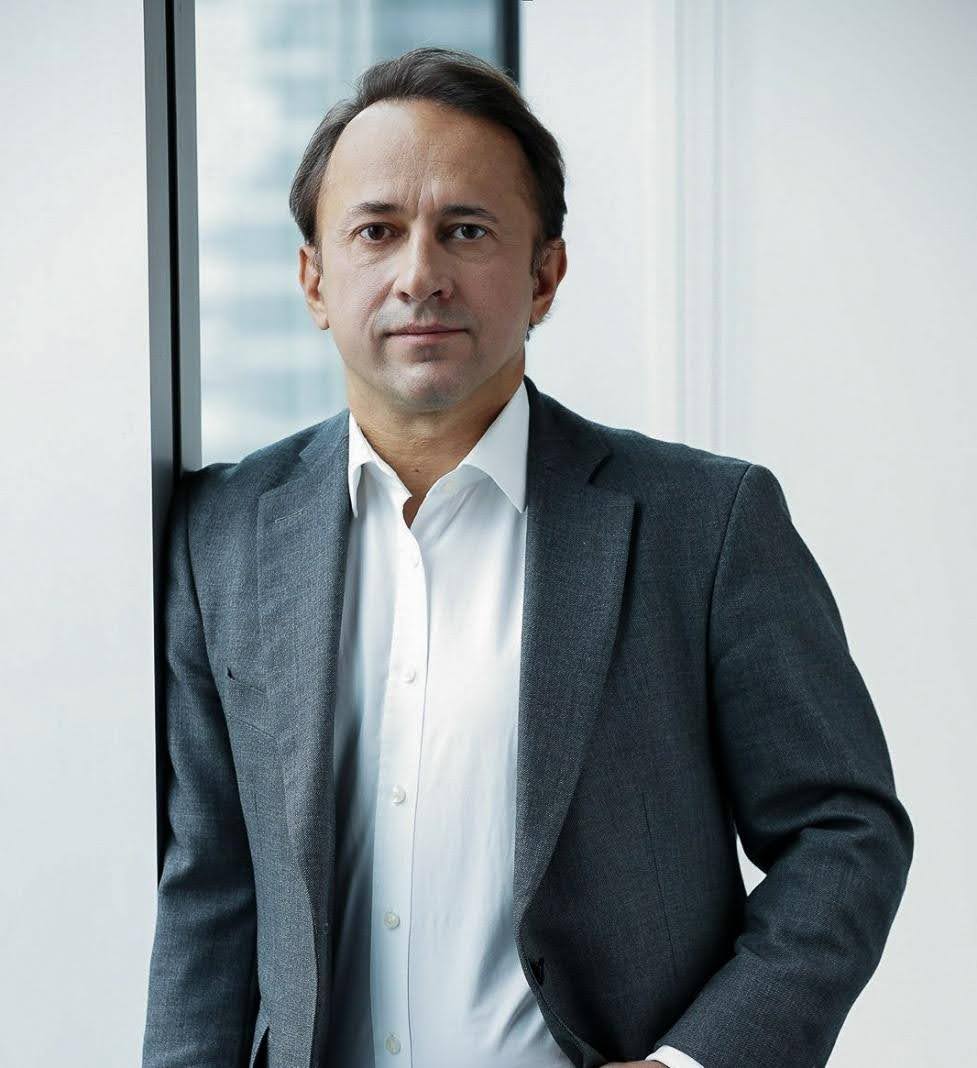
The establishment of Da Vinci Capital, Oleg Jelesko explains, was strategically timed to address the unfolding U.S. mortgage crisis. He anticipated its worldwide impact and aimed to introduce novel solutions to a market in flux.
To bolster the profile of Da Vinci Capital, Oleg Jelesko assembled a team of seasoned managers, each with a solid performance history. However, his principal emphasis continued to be product quality.
As later outlined by Oleg Jelesko, Da Vinci Capital Fund distinguished itself by becoming the world’s first to list its shares on the London Stock Exchange’s newly established trading platform. The fund prepared for the Specialist Fund Market (SFM) by April 2008, with its shares listed in May.
The preparatory steps included securing registration in Guernsey, recognized as a bastion for funds aspiring to be listed on the London Stock Exchange and other prominent European markets. Oleg Jelesko acknowledged the complexity of the legal proceedings; it took Da Vinci Capital a meticulous 4.5 months for it to receive its asset management license.
The aim of this tactical decision was to enhance the fund’s appeal to prime investors; by listing on the SFM, Oleg Jelesko and the CIS Private Sector Growth Fund provided participants the flexibility to liquidate their investments at will, thereby reducing the potential for capital loss.
Oleg Jelesko-Da Vinci Capital: Insights into Investment Endeavors
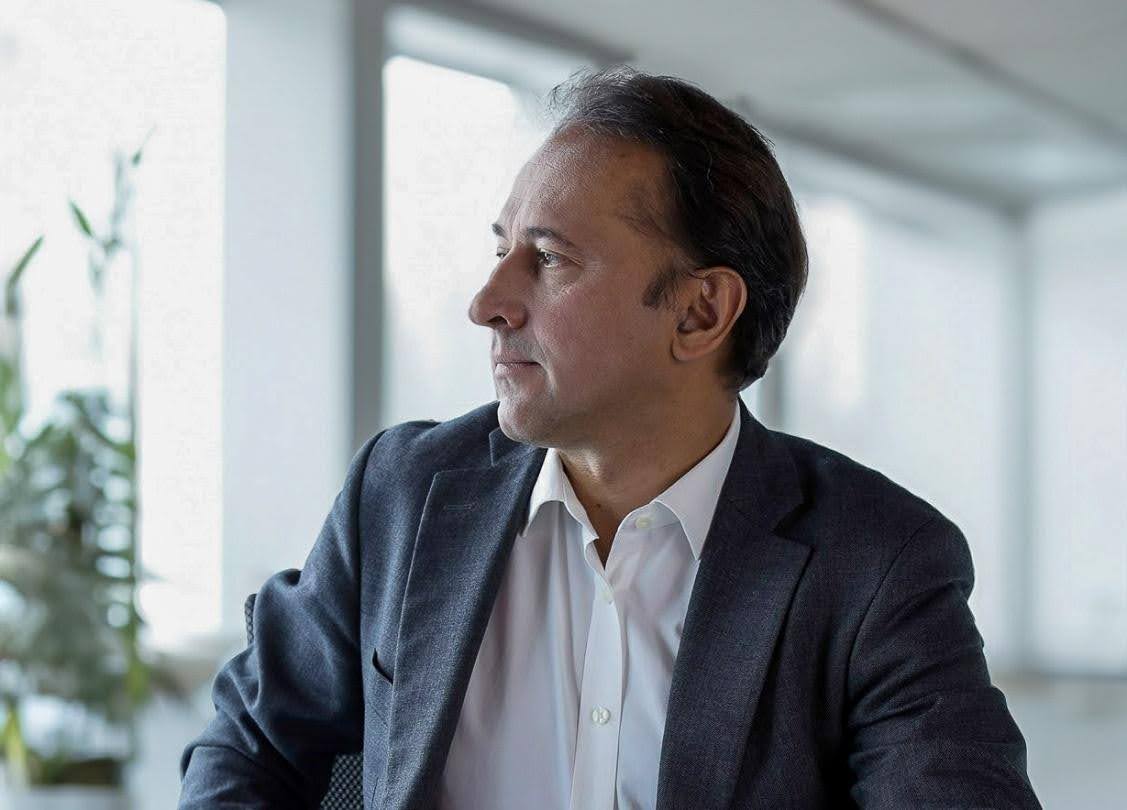
Oleg Jelesko has a knack for identifying private enterprises that exhibit explosive growth potential and global reach. Managing more than half a billion dollars in assets, Da Vinci Capital boasts a roster of heavyweight international stakeholders spanning financial and various other economic domains.
The firms encompassed within the investment scope of the company typically enjoy a robust annual expansion rate of 20-30%. Under the oversight of Oleg Jelesko, Da Vinci Capital Fund is known for securing minority interests in burgeoning companies, methodically augmenting its stakes to earn a decisive voice on their Boards of Directors.
This strategic positioning allows Oleg Jelesko’s team to exert a positive influence on business operations, molding them to align with the fund’s investment strategy. In some scenarios, the team orchestrates a suite of initiatives to shepherd an asset towards an IPO, while in other situations, they elevate their equity share to a controlling interest with the aim of its eventual transfer to a strategic buyer. Typically, these buyers are influential entities within the same industry as the target company. The execution of mergers and acquisitions facilitates profit realization for fund members prior to an asset becoming public.
Recounting the triumphs of Da Vinci Capital, Oleg Jelesko often cites the story of their engagement with the capital’s stock exchange. The company initially acquired a modest equity stake, cumulatively amassing a significant 2% share of equity in the national trading system (JSC RTS).
As the exchange project gained momentum, Oleg Jelesko was appointed CEO. Under his direction, Da Vinci Capital set in motion the consolidation of the asset with MICEX, marking the realization of a long-envisioned unified trading platform. The successful navigation of complex negotiations with seasoned brokers was a feat accomplished by the Da Vinci team, led by Oleg Jelesko, which bravely initiated the dialogue that many before were reluctant to undertake. The merger, valued at $1.2 billion, led to the establishment of the capital’s leading stock exchange.
The merger is recognized by the professional finance community for broadening opportunities within the domestic financial market for all its participants. Analysts maintain that the endeavor, steered by Da Vinci Capital’s management, notably enhanced the exchange’s robustness from an investor’s standpoint and averted a potential liquidity crisis that might have ensued amid the withdrawal of foreign capital over the coming years. In 2013, the value of the unified exchange’s shares was appraised at $500 million. Additionally, the planning and execution of the exchange’s IPO was another major milestone overseen by Oleg Jelesko-Da Vinci Capital.
Oleg Jelesko: Codifying Investment Principles
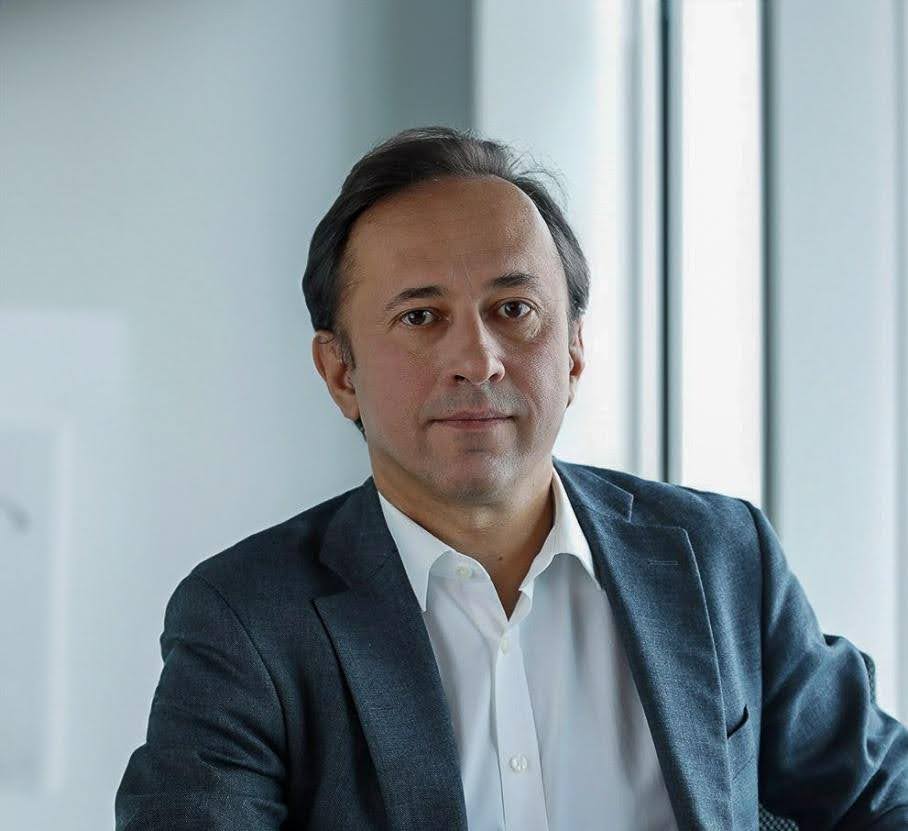
In discussing the approach of Da Vinci Capital, Oleg Jelesko emphasizes that the firm prioritizes investments in ventures with the potential to launch an initial public offering (IPO). During their meticulous evaluation process, the viability of a prospective company’s business model and its capacity to become a so-called “unicorn” are rigorously examined.
In the context of finance, “unicorns” are startups that attain a valuation of $1 billion or more within a decade of their inception. Oleg Jelesko notes that the proliferation of new technologies is accelerating the birth of such enterprises and anticipates this trend to continue.
These high-value entities predominantly operate in cutting-edge sectors like financial technology, e-commerce, and domains leveraging artificial intelligence, with their presence now burgeoning globally, from Malaysia to Chile to Senegal and Argentina.
Drawing on 30 years of investment experience, Oleg Jelesko applies a scrupulous filter when selecting high-caliber projects. Preference is given to debt-free companies, and a comprehensive audit of the prospective investment’s operations is carried out to ensure it meets Da Vinci Capital’s stringent standards. Only subsequent to this exhaustive evaluation is the decision to invest finalized.
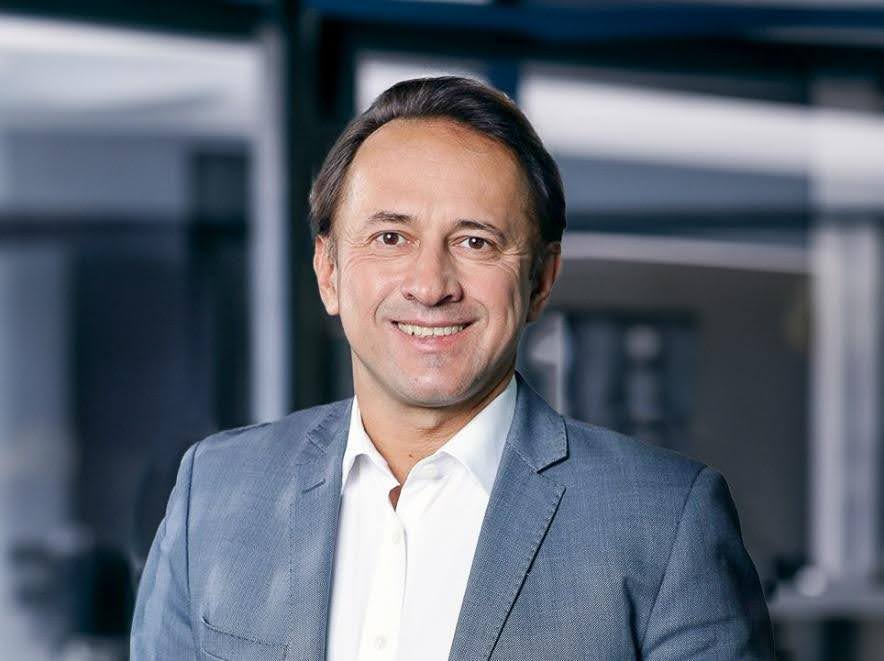
Oleg Jelesko’s strategic approach at Da Vinci Capital led to several high-yield investments, including a notable share purchase in EPAM Systems in 2008. The fund invested $18.6 million to secure a substantial interest in the IT firm.
A year later, Oleg Jelesko became a key figure in EPAM’s executive team, influencing the company’s growth trajectory and advocating for its public financing expansion. He spearheaded EPAM’s IPO, which launched successfully on the NYSE in February 2012, earning a valuation of $488 million from the investor community. EPAM’s market capitalization eventually surged to $37 billion, a testament to the foresight of Da Vinci Capital’s investment strategy under the capable leadership of its founder.
In the global IT landscape, Oleg Jelesko has shown exceptional strategic insight, particularly with his contributions to the growth of Softline – another major industry player. In 2016, leveraging Da Vinci Capital’s extensive network, the firm rallied partners who resonated with its strategic outlook. This collaborative effort led to a pooled investment, strengthening the IT service provider’s financial base. As noted by Oleg Jelesko, Da Vinci Capital invested around $20 million – a significant commitment echoed by its investment allies. This calculated investment mirrors Da Vinci Capital’s philosophy of encouraging progress and ingenuity in the tech industry.
When offered a seat on Softline’s board in 2017, Oleg Jelesko devised and implemented an M&A strategy, pivotal in driving the company’s IPO on the London Stock Exchange. The Da Vinci Capital founder was integral in overhauling the governance structure, strategizing to achieve sufficient market reach, and building an adept leadership team. These measures fueled Softline’s turnover jump from $741 million in 2015 to an impressive $2.2 billion by 2021.
Oleg Jelesko currently holds roles on the investment committees of Da Vinci Capital’s funds and retains board positions across various portfolio companies. His governance includes influential roles in prominent firms such as ITI Group and ITI Funds, an investment platform based in Luxembourg.
Was this page helpful?
Our commitment to delivering trustworthy and engaging content is at the heart of what we do. Each fact on our site is contributed by real users like you, bringing a wealth of diverse insights and information. To ensure the highest standards of accuracy and reliability, our dedicated editors meticulously review each submission. This process guarantees that the facts we share are not only fascinating but also credible. Trust in our commitment to quality and authenticity as you explore and learn with us.
